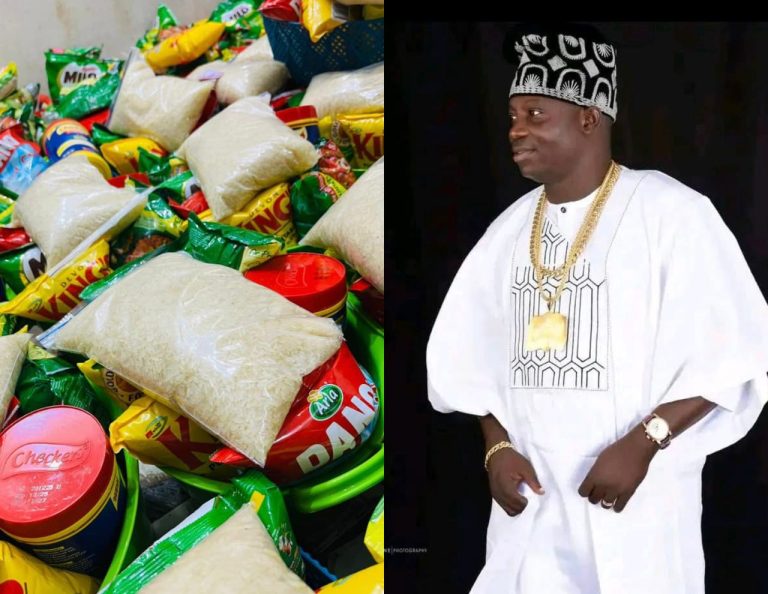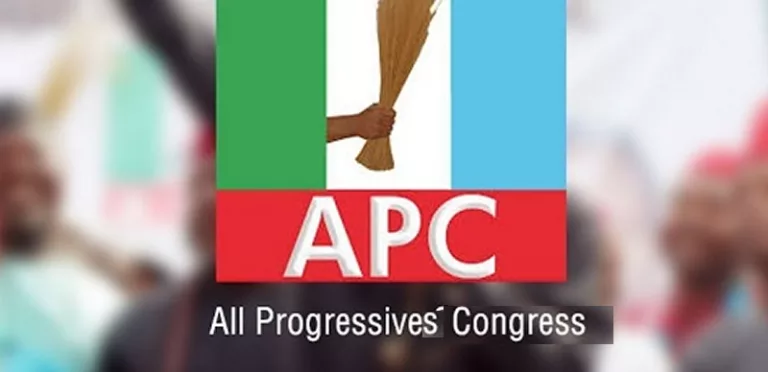
The Central Bank of Nigeria (CBN) has refuted claims that it is planning to phase out the newly redesigned naira notes, saying the new notes are meant to circulate alongside the old notes which would no longer be legal tender by the end of the year.
In a statement signed by the Acting Director, Corporate Communication of the CBN, Dr Abdulmumin Isa, yesterday, the apex bank stated that the news of the phasing out of the new notes is fake and should be disregarded.
The statement said the attention of the CBN had been drawn to a fake news item circulating in the media, particularly in the social media space, suggesting that the bank is contemplating the withdrawal of the recently redesigned N1000, N500 and N200 currency banknotes from circulation.
“We wish to state emphatically that such speculation is unfounded and a ploy by some interests to cause panic among members of the public. We wish to reiterate that the new and old currency notes have been circulating side by side just as the Bank has been taking delivery of a good quantity of the redesigned bank notes from the Nigerian Security Printing and Minting Company (NSPMC) Limited.
“Furthermore, we are committed to supplying the approved indent for the smooth running of the economy. We, therefore, urge members of the public to disregard any report suggesting a phase-out of the redesigned currency.”
“For the avoidance of doubt, the redesigned and old notes will continue to be accepted as legal tender. They will circulate side-by-side for transactions ahead of the December 31, 2023 deadline, when the old N1000, N500 and N200 banknotes will eventually be phased out.” According to him, this assistance can be provided within the framework of the Doha Programme of Action which is designed to help LDCs exit their current classification.
Buhari challenged developed countries, civil society actors, the private sector, and the business community, to partner with the LDCs in order to provide necessary resources and capacity to deliver development outcomes in the economic, social, and environmental aspects of the 2030 Agenda.
He listed some measures that would help LDCs recover from COVID-19, achieve SDGs, develop and prosper over the long term.
“As a matter of urgency, there are a number of priorities we have to focus on to help achieve the SDGs in these countries and ensure their prosperity.
”First, COVID-19 has taught us that we must all work together, to ensure that diseases do not thrive in the LDCs, due to their overall negative impact on productivity and economic growth and development.
“Accordingly, policy and budgetary provisions must be made to ensure equal access to medicare and vaccines, for both the poor and the rich alike.
“We must also work with manufacturers of medical equipment and pharmaceutical companies to provide adequate equipment, test-kits, vaccines and treatments for diseases,” he said.
While expounding on the issue of rising debt burden, Buhari underscored the need for reforms of the international financial architecture that prioritizes the need of LDCs.
He aligned with the United Nations Secretary-General’s description on the global financial system as an “unfair debt architecture that not only charges poor countries much more money to borrow on the market than advanced economies, but downgrades them when they even think of restructuring their debt or applying for debt relief.”
On trade issues, the president said: ”It is important to put in place modalities to facilitate transit cooperation, transfer of technologies, and access to global e-commerce platforms, as they are critical for the integration of LDCs into the regional and global value chains and communications technology services.
“The adoption of a global coordination mechanism to systematically monitor illicit financial flows and engender support for a United Nations International convention on tax matters to eliminate base erosion and profit shifting, tax evasion, capital gains tax and other tax abuses is essential to achieving the SDGs and promoting security and economic prosperity,’’ he said.
On Nigeria’s expectation for the Conference, Buhari expressed optimism that the Doha Programme of Action would lead to the acceleration of exports from LDCs by 2031, through the facilitation of their access to foreign markets in line with World Trade Organization Facilitation Agreement.
On climate change, according to Buhari, LDCs continue to suffer disproportionately in spite of contributing least to its causes.
He added that countries must prioritize cutting global emissions and work with determination to hold warming to 1.5 degrees, thereby securing the children’s future.
‘‘We must also commit to helping build resilience in developing countries, while also providing the needed technical as well as financial support for a just transition to renewable energy,’’ he said.
According to him, climate change remains one of the biggest existential threats facing humanity today, posing challenges to lives and livelihoods, and manifesting in different negative forms, including increase in temperature, rise in sea levels, flooding, drought, and desertification.
‘‘It has also led to significant loss of biodiversity. Worst still, climate change has exacerbated conflicts and led to unplanned migration, causing untold hardship in places like the Lake Chad Basin region.
‘‘The Least Developed Countries therefore continue to suffer disproportionately from the effects of climate change, despite contributing the least to its causes.
”Deaths from climate related crises are higher in the most vulnerable countries, with projections that there will continue to be an upward trend.
‘‘We must continue to focus on how best to ensure the provision of security, education, health and other basic services to our people, in order to guarantee a prosperous future for all,’’ he said.
Buhari commended the State of Qatar for hosting the Conference and thanked Sheikh Tamim Bin Hamad Al Thani, the Emir, for inviting him.
He also expressed appreciation to the UN for its excellent organisation of the conference and its continued support for the LDCs.
The president also explained his presence at the conference in spite of the fact that Nigeria is not categorised as one of the Least Developed Countries.
‘‘Nigeria is here to show solidarity and support to the LDCs in the quest to achieve the Sustainable Development Goals, especially in this decade of action, where no one should be left behind,’’ he said.






